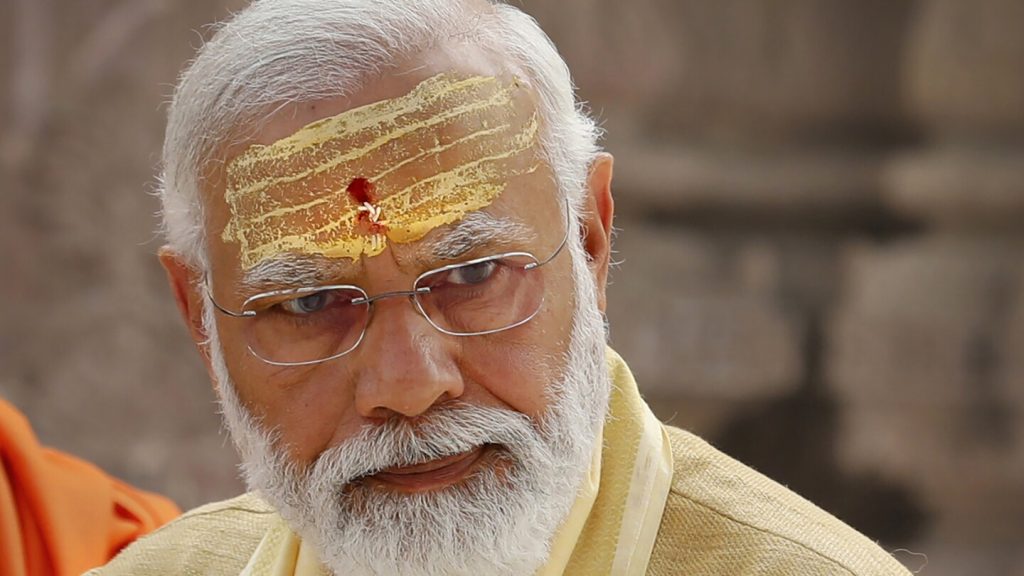Hindu nationalism, once considered a fringe ideology in India, has now become mainstream, largely due to the influence of Prime Minister Narendra Modi and the RSS, a right-wing paramilitary group. Modi’s upbringing in the RSS has shaped his political philosophy and ambitions, leading to his role as a beloved yet polarizing leader in India. During his tenure as prime minister, India has risen as a global power and the world’s fifth-largest economy, but has also faced attacks against minorities, particularly Muslims, leading to concerns about the state of India’s democracy and the blurring of the line between religion and state.
As Modi campaigns for a third term in the upcoming general election, he faces a broad but divided alliance of regional parties. Supporters and critics alike acknowledge that Modi has made Hindu nationalism acceptable and even desirable to a nation of 1.4 billion people that has historically prided itself on pluralism and secularism. Modi’s ties to the RSS have been a driving force behind his political career, with his policies aligning closely with the organization’s goals. His popularity stems from his ability to unite Hindus and present himself as a strongman leader who is unafraid to confront India’s enemies.
Modi’s early involvement with the RSS began in his teenage years, where he participated in shakhas that combined religious education with self-defense skills and games. The RSS, founded in 1925 with the intention of strengthening the Hindu community, has been criticized for its links to Gandhi’s assassination and its perceived promotion of Hindu supremacy. The group has since expanded, spawning affiliated organizations across various sectors. The RSS’s influence has ultimately contributed to the rise of the BJP, which has seen unprecedented success under Modi’s leadership.
Modi’s political career took off in 2001 when he became chief minister of Gujarat, shortly before anti-Muslim riots ravaged the region. Despite suspicions of his involvement in the riots, Modi’s response to the crisis bolstered his support among Hindu nationalists. He leveraged religious tensions for political gain and implemented economic policies that appealed to big businesses, enabling Gujarat’s development and boosting his own power. Modi’s authoritarian tendencies and populist rhetoric paved the way for his ascension to the role of prime minister, where he has continued to enact policies aligned with the RSS’s vision.
As Modi seeks a third term in office with ambitious plans for India’s development, he faces both support and opposition. While his popularity remains high, critics point to his government’s actions that have marginalized minorities and eroded democratic norms. Modi’s embrace of Hindu nationalism resonates with many Hindus who view him as a leader capable of propelling India to greatness. However, concerns persist about the implications of his policies on religious freedom and minority rights. As the election approaches, the future of India’s democratic values and secular ideals hangs in the balance.


